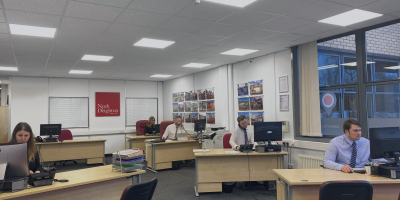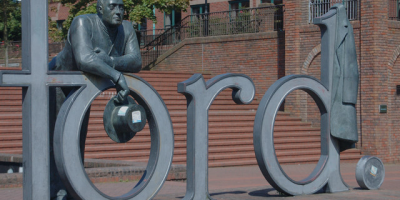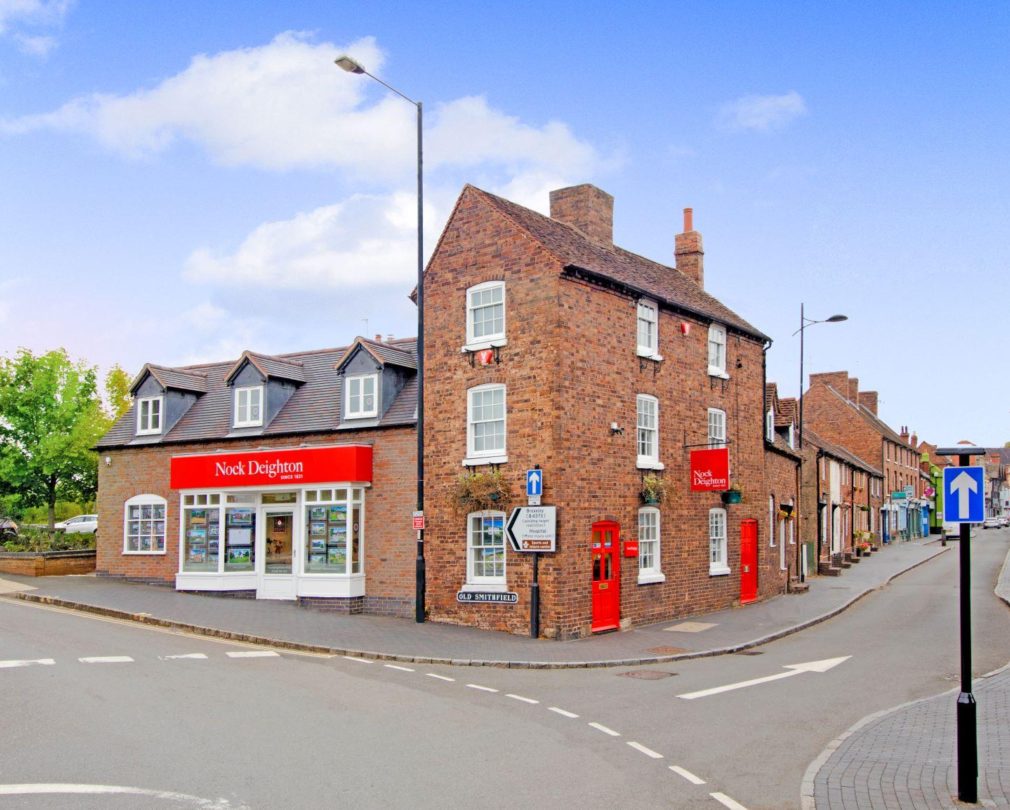
Why are Rented Property Inspections So Important?
Property inspections are often overlooked by landlords, especially if the tenants are paying their rent and they don’t hear much from them – either with the thought of ‘if it’s not broke, don’t fix it’ or ‘they must be happy so I don’t want to cause any unnecessary disruption’.
And (fingers crossed) very often that might be the case, but there are several reasons why property inspections are important, for both landlords and tenants. Below are just a few -
- To ensure your tenants are meeting their requirements
Pre-tenancy interviews and good references will help to determine the suitability and affordability prior to offering a tenancy, but everyone’s living standards are different, and a change in circumstances can lead to uncharacteristic lifestyle changes.
A well-written tenancy agreement will outline the principle do’s and don’ts of both landlord and tenant (paying rent, maintaining the property (and garden) in good order, not causing any damage or making any changes, etc), so it is important for a landlord to visit the property to ensure the tenant is keeping to their side of the agreement, as things can quite easily get out of hand.
If your tenant has indicated they would like to stay long term and make it their home, and you have welcomed and assured them of this, they might then (albeit innocently) think it is perfectly acceptable to make their own changes without consulting you first, e.g. decorating, adding fittings, having a family pet, or something more drastic (sub-letting, changes to internal walls or kitchens) – a regular inspection will help you to keep an eye on any changes and/or discuss and agree any proposals beforehand.
Condensation/mould can form in cold spots due to a lack of ventilation, and can spread easily if not treated/cleaned and addressed to prevent it from reoccurring. This is very often confused with damp, which is a building problem and therefore a Landlord’s responsibility, but may not get reported until it has got out of hand and your tenant has decided to look elsewhere! So catching any signs early will help to determine the problem and the solution before it gets worse.
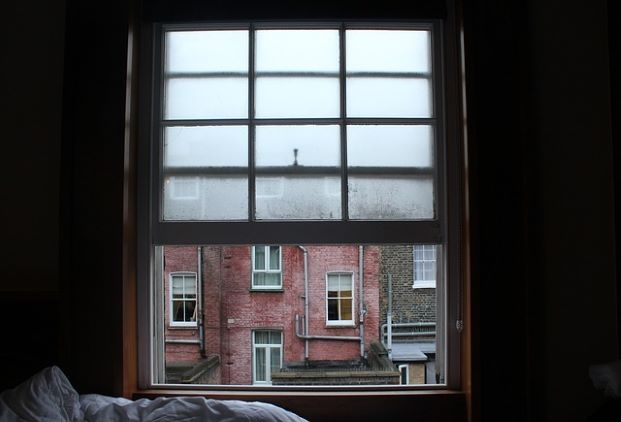
2. To ensure you are meeting your own legal requirements
Landlords have a legal obligation to maintain their property, ensure the safety of their tenants and provide adequate heating. Over the years more regulations have been introduced to further protect tenants from hazards beyond their control, but minor issues can soon escalate if gone unnoticed and not reported by tenants.
Many tenants would rather ‘put up’ with something to avoid a landlord visit or a possible rent increase, but a small water mark from a pin-hole leak in a shower seal (or roof!) could lead to major expense if not addressed early.
It is also a tenant’s responsibility to test and change batteries in their fitted smoke alarms during their tenancy, but if a smoke alarm malfunctions due to age and it hasn’t been tested, the consequences could be catastrophic.
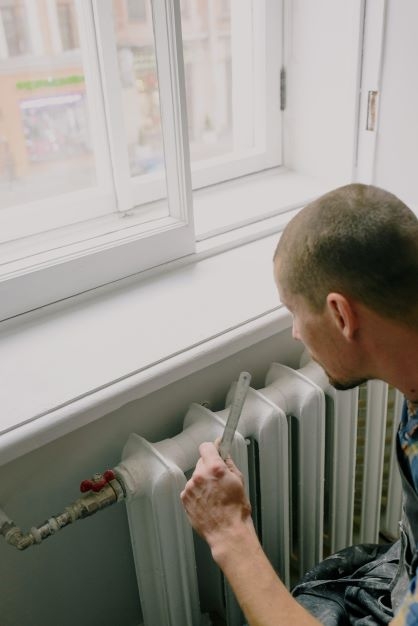
3. To facilitate a good landlord-tenant relationship
Making sure your tenants are comfortable and happy, is paramount to a successful long-term tenancy.
You can carry out an inspection without being invasive, as long as you give plenty of notice, and reassure your tenant it is to ensure you can identify any building issues and long term maintenance planning. Allow time to have a chat with your tenant and ask if they have any concerns or needs, and tell them about your long term plans too!
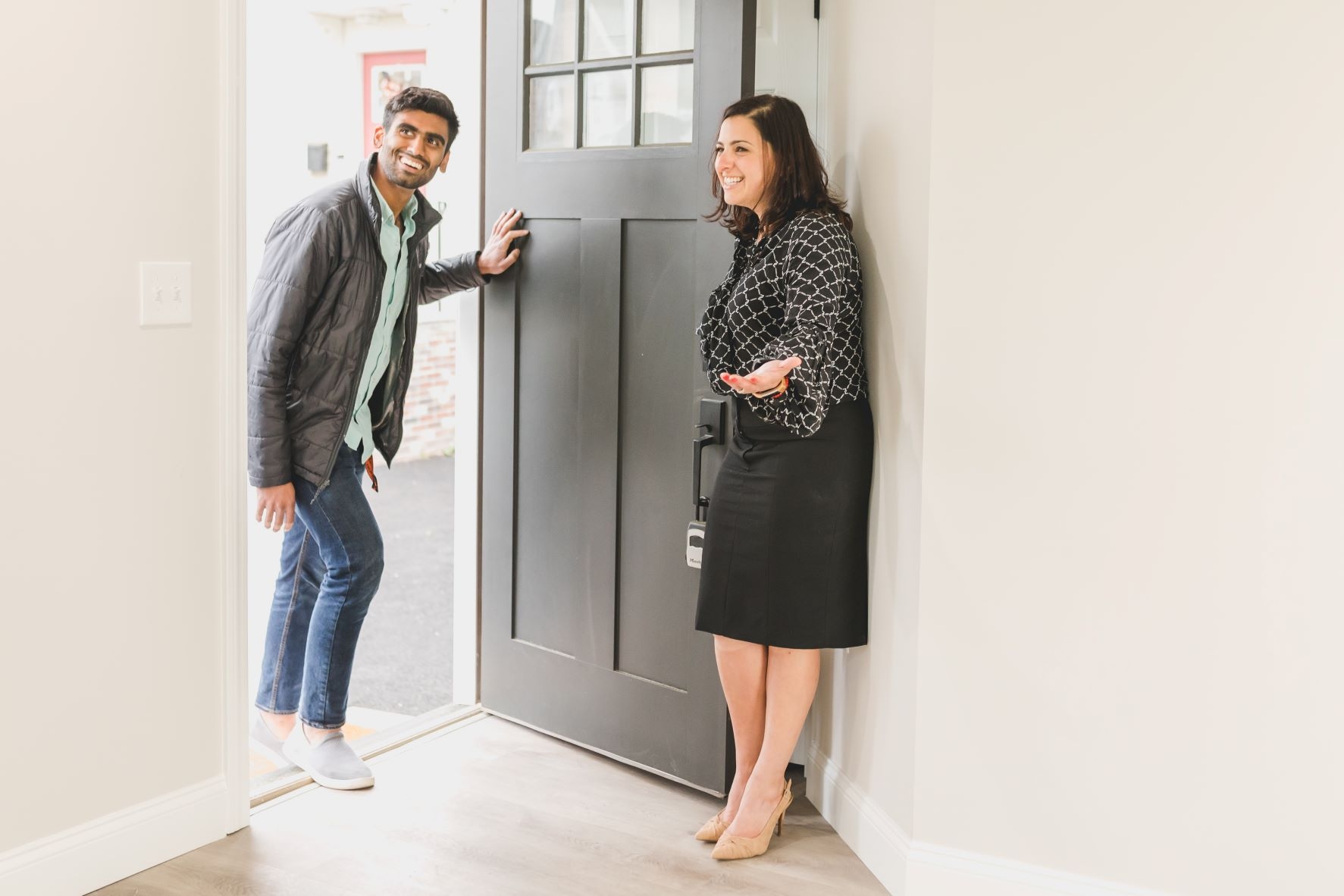
4. To maintain your investment
Nothing lasts for ever, and all properties need maintaining and updating. You may think your tenants are happy if you don’t hear from them, but all fixtures and fittings will deteriorate and age as time goes by, and your tenants will also start to fall out of love with their home. If they move out, you may find it difficult to re-let your property without updating it, so it’s always wise to keep an eye on things, replace before they get too tatty, and keep good tenants happy!
Planning ahead and building a maintenance fund is advisable for long term investment.
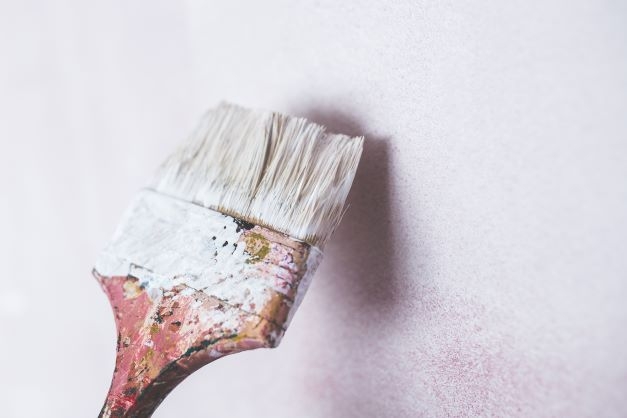
How often should you inspect?
The first inspection after a tenancy begins is crucial, as this will give you a clue as to how things will be going forward. We would recommend the first inspection to be done within 3 months, and then six monthly thereafter.
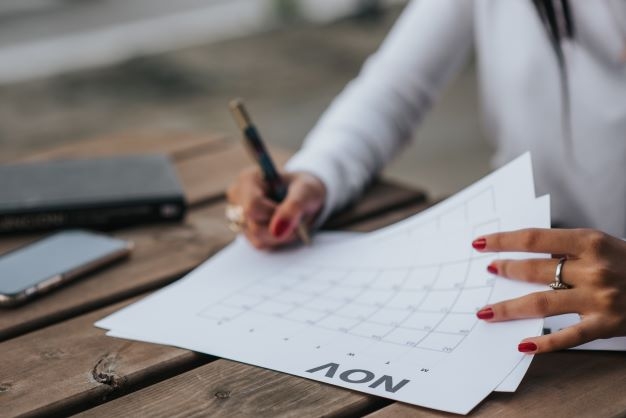
Nock Deighton Property Inspections
Our routine property visits are thorough, yet unintrusive. Our trained Inventory Clerks use bespoke templates to ensure important aspects are checked and recorded, for the protection of both the tenant and landlord; testing smoke and carbon monoxide alarms, checking for signs of mould, looking out for water marks or cracks internally, and checking if any changes have been made by the tenants. We also ascertain the number of occupiers and check for signs of pets, and any potential maintenance issues (however small).
Not forgetting the outside – gardens, garages and the outside of the building itself are also checked and included within our written reports, together with photographic evidence. And, most importantly, we ask the occupants if they are happy or if they have any issues or concerns with their home, and include this within the report too.





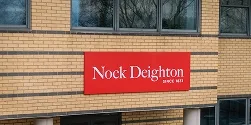




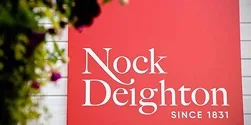
 Payment
Payment

